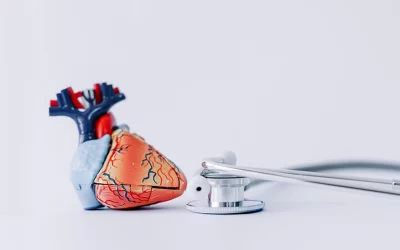high risk people for vitamin D deficiency
Low level of vitamin D in the body leads to weak bones and muscles, and also negatively affects the body’s immune response, and this deficiency affects some people more than others due to the presence of some factors. In this article, we will discuss more about factors that increase the incidence of vitamin D deficiency.
People aged more than 55 years:
Aging changes the skin layer in a way that reduces vitamin D manufacturing in the body, in addition to decreased exposure to sunlight. Some studies have proven that 50% of women who had pelvic fractures over 55 have a vitamin D deficiency.
Who works in internal offices and indoor environments
Working hours that start in the morning and end around 5 to 6pm, decreases sunlight exposure, and this will limit vitamin D manufacturing in the body. That’s why, It is recommended for people who work in indoor offices for long hours to make sure to include vitamin D as an essential component in their diet, Also as a dietary supplement in a maintenance dose.
Who has dark skin
Some studies have proven that individuals who have dark skin are more prone to vitamin D deficiency, and this is due to increased melanin levels in their skin, which limit vitamin D manufactured in the body.
It is recommended to take vitamin D as a supplement for people who have dark skin.
Those who suffer from intestinal infections
The absorption of vitamin D depends on the presence of fat in the intestine, so any inflammation or intestinal disorder that causes fat malabsorption increases the risk of vitamin D.
Some studies have proven that 70% of people who suffer from infections and ulcers have a deficiency in vitamin D levels, so it is recommended to take it as a dietary supplement.
Vegetarians
Most foods rich in vitamin D are from animal sources such as: salmon, egg yolks, and dairy products. Therefore, people who follow a vegan diet or who are lactose intolerant are more likely to be deficient in vitamin D.
People who are obese and overweight
Most people with a mass index of over 30 have a lower vitamin D level! Because vitamin D is fat-soluble, it settles in fat cells and this results in decreasing their circulation in the blood. In this case, it is recommended to take a higher dose of vitamin D as a dietary supplement.
Taking certain medications
Some medications cause an imbalance in the absorption of vitamin D in the body, such as cortisone, slimming drugs that prevent the absorption of fats from foods, and cholesterol treatments that impair the metabolism of vitamin D!
Pregnancy
During pregnancy, vitamin D plays a vital role in embryogenesis, especially fetal skeletal development and calcium homeostasis, this increases the risk of vitamin D deficiency during pregnancy and the need for it.
The main and common cause of vitamin D deficiency is decreased exposure to sunlight during the day, but there are other factors that significantly increase the incidence of vitamin D deficiency. Therefore, it is recommended to always take a preventive dose of vitamin D, and treat it with a higher dose in the event of a deficiency.
Read More Articles:
The Importance of Vitamin D for Dental Health
Vitamin D and dental health Vitamin D has an important role in dental health as it helps in preventing tooth decay and gum diseases, also it is attributed to teeth formation by maintaining calcium levels that are essential in building healthy teeth. How does Vitamin D...
Vitamin D & Cholesterol
To clearly understand the relationship between vitamin D and Cholesterol, we need to justify what cholesterol is and what are its types.Cholesterol is formed in our bodies from the liver and we can also get it from food resources. Your body needs a cholesterol...
Muscles Weakness in Children
Muscles Weakness in Children Muscles weakness in children is one of the most common problems in our society, causing muscle pain, fatigue and tiredness, feeling of heaviness in the legs, and difficulty in climbing stairs and it is a result of vitamin D deficiency in...




